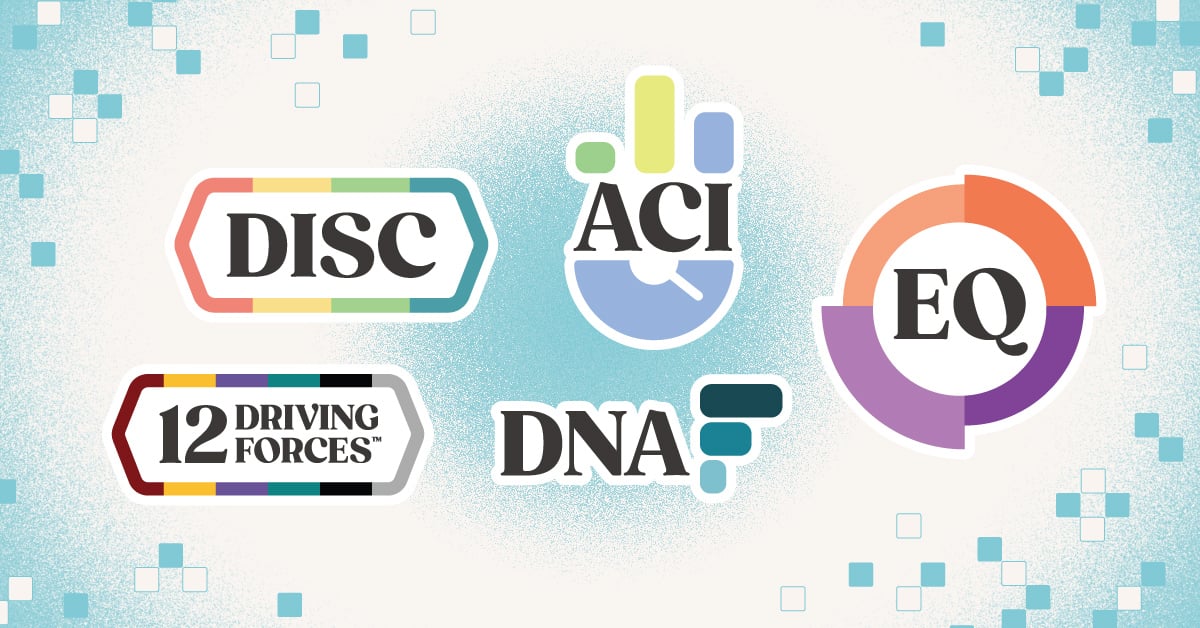
You’ve decided to take the plunge and change careers. You are ready for a brand new start, excited to take on a new challenge. One major mental obstacle stands between you and your new start; the uncomfortable, but obligatory, interview process, which comes equipped with the dreaded “why did you leave your last job” question.
While this question may derail others, there is no need to fear. Inspired by an article by Clifford Chi for Hubspot, we discuss ten perfectly acceptable reasons for leaving your last job. If your departure is due in part to any of these reasons, a new company’s hiring manager should be very understanding and likely will not hold it against you when it comes to gaining employment with their company.
1. Your previous job didn’t turn out as advertised
Remember that original interview, where you talked about your short, medium and long-term goals? You were told your job duties would be A, B and C but in reality, they turned out to be X, Y and Z, quite unrelated to what you originally agreed to during your interview and onboarding process.
When a job is misrepresented or changes midstream, you may find yourself doing routine tasks and uninspiring work. You were promised one thing and another outcome happened. Because of that, leaving is a logical and acceptable option.
2. You seek more of a challenge in your work
No one has to motivate you to hit the ground running in the morning. You’re the kind of person who uses stress as fuel and enjoys multiple challenges and an ever-changing work environment. You thrive with impending deadlines and can often do the work of three of your coworkers. However, you realize that your work simply hasn’t been inspiring lately, maybe even not for a long time. You feel stagnant; sometimes even bored.
You may be busy but you don’t feel like you are contributing in a meaningful way. It’s that meaning that makes a job worth doing. For you to be your best and give it your all, day after day, you need to find a job that inspires you.
3. Your goals/values didn’t align with your last company
During your job search and initial interview, it felt as if your values and the company’s values were in sync. Yet over time, you’ve come to find that they aren’t the match you thought they were. What’s important to you may not necessarily be important to them, and vice versa. At the end of the day, your goals and values drive you to get up every morning and you feel that your goals and the company’s are just not the same.
It’s neither your fault or your company’s fault, it’s simply a case of being on two separate pages. You realize that work feels like doing time because of this misalignment. Change becomes necessary to get back in line with your most important life goals. Any hiring manager will appreciate a person who has strong moral fortitude regarding their goals and is willing to act in ways that will help those goals be realized.
4. You’re aspiring to greater things that your previous company couldn’t deliver
You may have started at the bottom with your current company, but you did so with the understanding that hard work and productivity would result in promotions, pay raises and perks. You were promised that after you perfected your job-related tasks, acclimated to the company culture and learned the ins and outs of the company that you would catapult into a bigger, predetermined role that attracted you to the company in the first place.
Wanting to ascend the corporate ladder shows initiative and drive, and if your current company simply doesn’t offer that opportunity, you are perfectly justified in looking for those opportunities elsewhere.
5. You were burned out in your previous role
You are not afraid of hard work and you’re willing to roll up your sleeves and outwork your coworkers. Sometimes, however, people take advantage of your capabilities. You regularly are asked to do more than other coworkers and the workload never lets up. You have reached a state of burnout.
When burnout occurs, you begin to lose interest in your job, the company or both. It doesn’t happen overnight, but it doesn’t get fixed overnight either. Sometimes a change of scenery is needed to get a fresh start, recharge and start anew.
6. You are not being properly rewarded financially for your work
Sometimes it really is all about the Benjamins. You may have taken a job thinking it would satisfy a passion or bring stability, but at the end of the day, you are having trouble making ends meet. If the dollars don’t make sense, you are perfectly justified in looking elsewhere to find a job that may be more financially rewarding.
passion or bring stability, but at the end of the day, you are having trouble making ends meet. If the dollars don’t make sense, you are perfectly justified in looking elsewhere to find a job that may be more financially rewarding.
Rewards can extend beyond the financial arena, as well. Maybe you just need to feel more recognized for your work. Sometimes a compliment or acknowledgement from your boss can mean almost as much as a bonus check.
7. You want to reinvent yourself in a whole new career
You are not scared by change, in fact, you crave it. You don’t believe in the “same old, same old.” You like new challenges and want to push yourself to experience new things in life. Sometimes that means completely reinventing yourself by starting an entirely new career.
Our parents and grandparents may have been satisfied working in one industry throughout their careers, many even for one single company. That’s no longer the current workplace model. Today, employees are more likely to work in several different fields and be employed by many different companies, striving to find that ideal work environment over the course of their career.
8. Attention to personal matters dictated a split with your former company
Any number of life situations can prevent a worker from being able to work. A baseball player with a devastating arm injury may no longer be able to pitch. A person with a broken back may no longer be able to do physical labor. A sick, close family member may require round the clock care that only you can provide. Maybe even an addiction took control and required immediate attention, requiring a split from your former company.
While the issue may have been major, it was not permanent, and now you are ready to get back into the workforce. Any reasonable leave for reasons important as this will be understood by any understanding hiring manager.
9. You and your boss didn’t see eye to eye
According to a recent Gallup study, 50% of people have a left a job at some point of their career because of their boss. Since this is the person you likely work with the closest, not being in alignment can make for difficult working conditions. Poor communication, mood swings, inconsistency, power struggles and lack of follow through are all sources of boss/employee conflict. No hiring manager would blame you for wanting to break free from someone with whom you simply didn’t have a good working relationship.
10. You seek more of a work/life balance
You are self-motivated, work hard and are proud of your work. You’ve always been this way. However, by the time you get home each night, you are mentally spent. Sometimes it feels like you do nothing but work and sleep. You want to find time to enjoy the simple things in life, such as spending time with family or having moments to relax or enjoy a hobby.
If work seems to be dominating your life, you may need to find more balance. If balance just isn’t possible at your current place of employment, a change just might be in order. An employee that has balance tends to be more engaged and avoids burnout.
Conclusion
Switching jobs is a way of life in the modern workplace. It happens fairly frequently, much more so than it may have been a few decades ago. There is no reason for a candidate to feel guilty for leaving their previous employer if any of these ten reasons above was the driving factor behind the departure.
To be productive and do good work, a worker needs to be engaged. Any of these reasons above can inhibit that engagement and would be understood by a worthwhile hiring manager during an interview.




